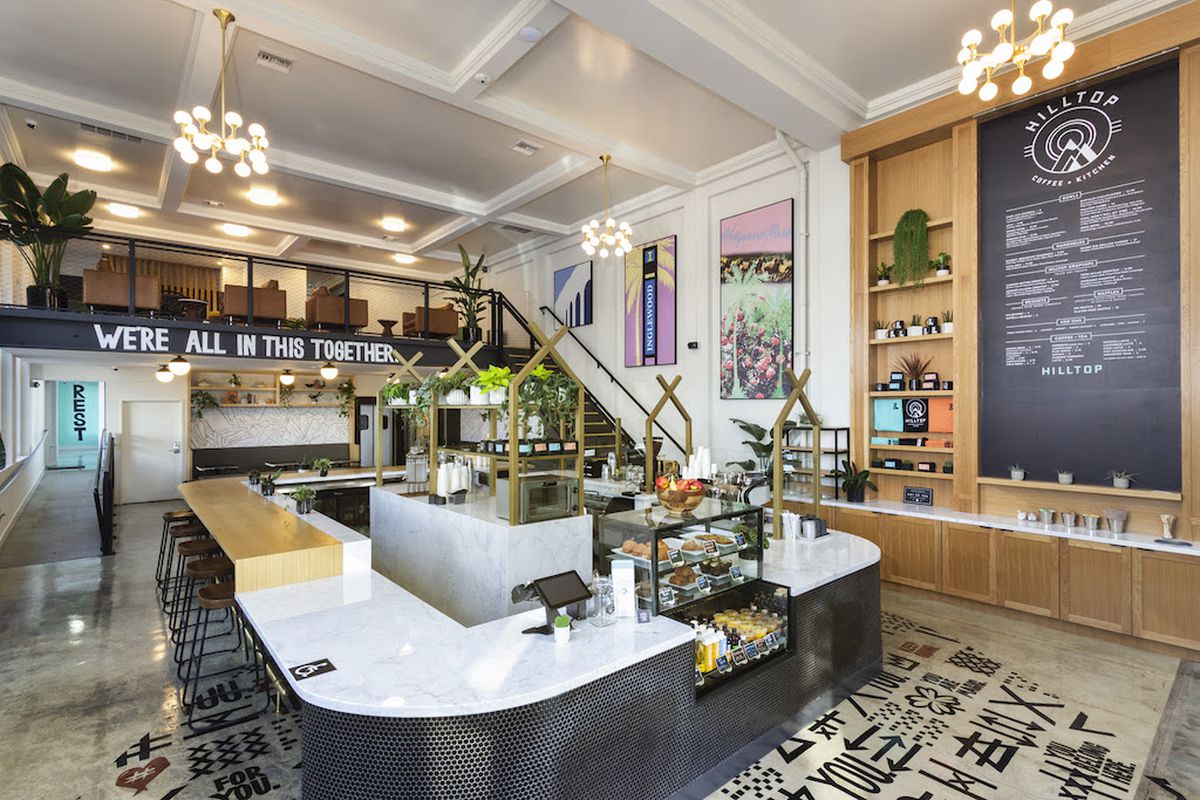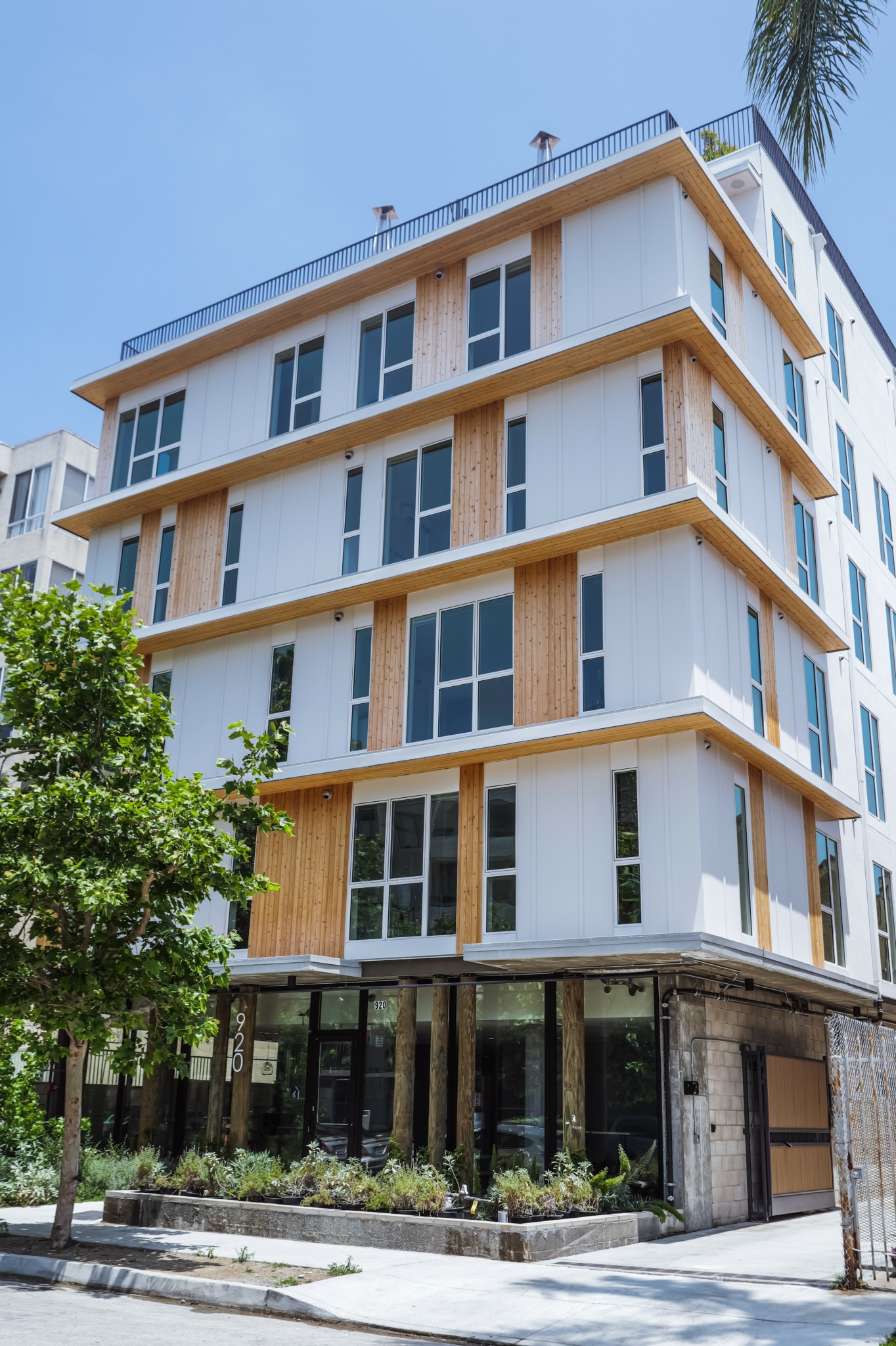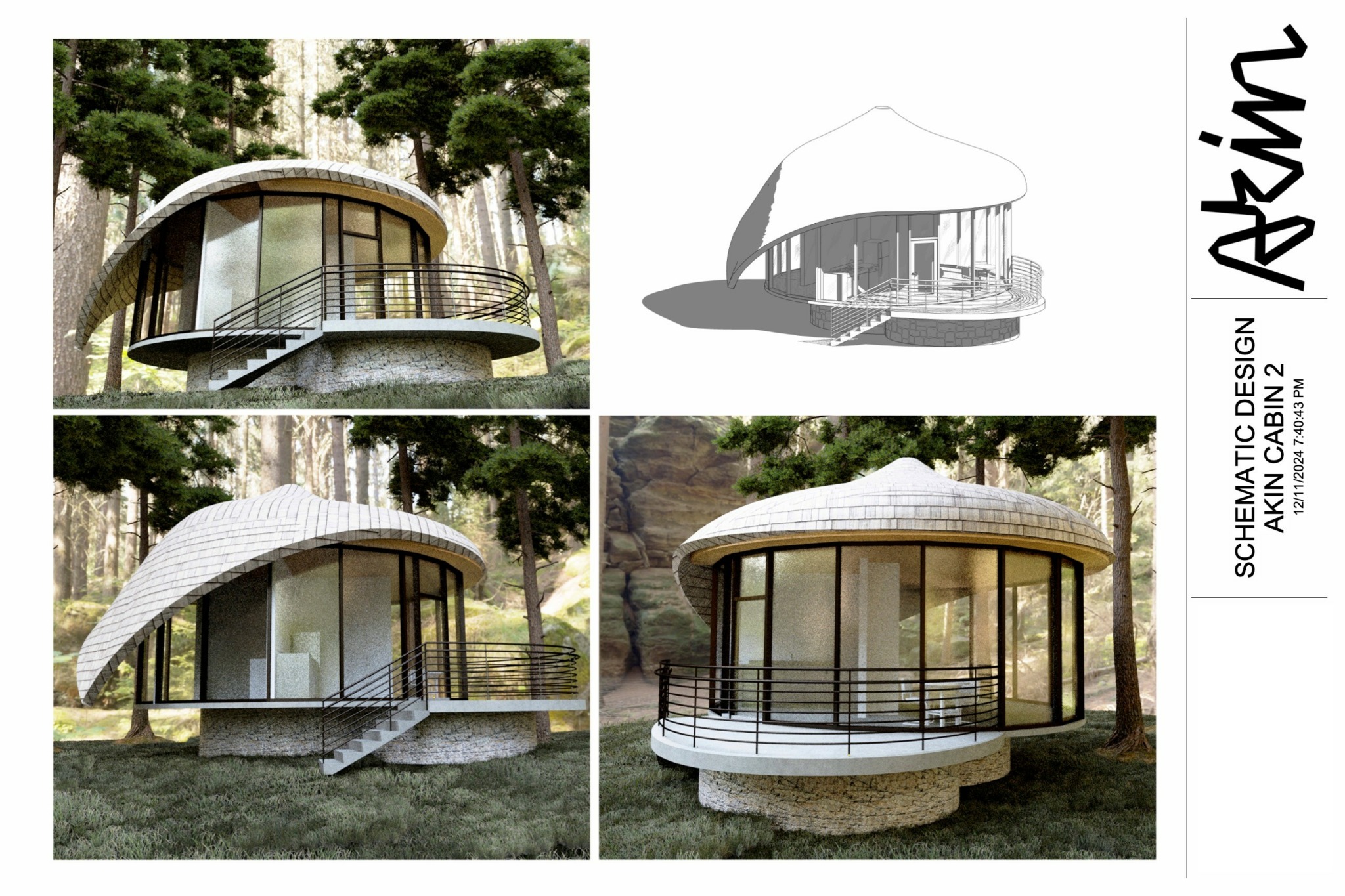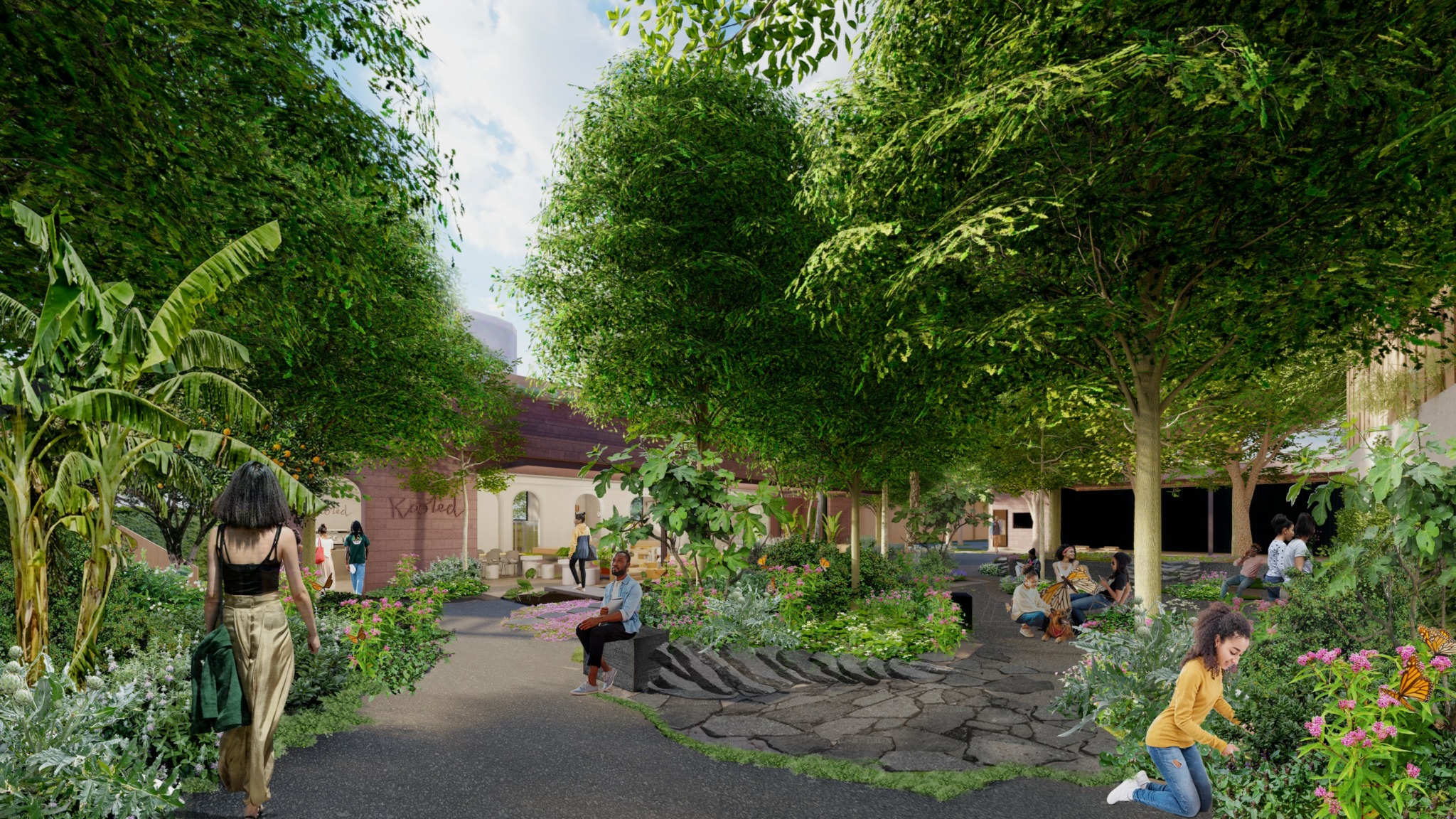We’re excited to introduce you to the always interesting and insightful Ariel Lawrence Lawrence. We hope you’ll enjoy our conversation with Ariel Lawrence below.
Ariel Lawrence, thanks for joining us, excited to have you contributing your stories and insights. We’d love to hear from you about what you think Corporate America gets wrong in your industry and why it matters.
There’s a long-standing misconception about the construction industry—that it’s full of shady characters cutting corners and cashing checks. While these myths persist, they don’t reflect the reality I’ve come to know. Yes, we work with dirt—quite literally—but what people often miss is the precision, care, and dedication that define this industry.
Builders are the conduit by which people experience life. We build the homes where families create memories for generations. We craft the theme parks where joy and imagination come alive, where laughter echoes and childhood dreams take shape. We design and construct thriving neighborhoods filled with small businesses, the very lifeblood of our communities. Construction isn’t just about structures—it’s about creating the spaces where life happens.
Some might say construction is “just labor,” but I see it as a symphony of expertise and artistry. Behind every project are tile setters, electricians, and craftsmen who pore over the smallest details to ensure everything is perfect. It’s an industry of creators who take pride in the spaces they help bring to life.
What drew me to this field wasn’t just the work but the profound sense of accomplishment that comes with it. Completing my first project was transformative—it was the moment I realized I was part of something tangible, something lasting. The satisfaction of seeing the result of countless hours of collaboration and hard work is unlike anything else.
Of course, acknowledging the misconceptions about construction is important because they can overshadow the real stories of craftsmanship and integrity that define our industry. The truth is, construction thrives on transparency and accountability. At Akin Co., we’ve built a culture of respect—for the craft, for the workers, and for the communities we serve.
My hope would be that people being to understand the heart of this industry, they might see things differently. Construction isn’t dirty or transactional; it’s foundational—literally and figuratively. We’re not just building structures; we’re building the framework for memories, joy, and community. It’s an honor to be part of that, and it’s a story I’ll always be proud to tell.

Ariel Lawrence, before we move on to more of these sorts of questions, can you take some time to bring our readers up to speed on you and what you do?
For a long time, I thought my dream was to build an events company. I loved the energy of planning brand activations and creating spaces where people could connect and celebrate. But as I was venturing down the path of events, I realized it did not bring me the joy I was seeking.
When I began freelancing and building my clientele, a friend asked me to help build their house. I thought, “Sure, why not? How hard could it be?” In my mind, it was just like planning an event—you call the people, tell them what they need to do, and they show up to get the job done. I was grossly mistaken
Construction was an entirely different beast. But I had made a commitment, and I was determined to see it through. That’s when Nathaniel Walker—“Pops,” as we lovingly called him—entered the picture. Pops became my mentor, teaching me the ropes of construction with patience and humor. He was always laughing and joking with the subcontractors, yet somehow ensuring everything got done with care and precision. Pops didn’t just teach me how to build; he showed me how to create a sense of community on a job site. Watching him work, I realized that construction wasn’t just about bricks and mortar—it was about bringing people together, fostering trust, and creating something greater than the sum of its parts.
When that project was finally complete, I stood there, taking it all in. I felt something I’d never experienced before—pride and joy, not just in the finished product but in the relationships we had built along the way. From the crews on-site to the vision we had brought to life, it was clear that construction wasn’t just a job—it was a way to build community, both literally and figuratively.
That experience inspired me to lean in, taking the reigns at Akin (fka PWC Developers), where we’ve made it our mission to build spaces that matter and centered around the human experience. Our work spans from designing and constructing vibrant commercial spaces where neighborhoods thrive to treehouses (literally) in major forrest land. Every project we take on is an opportunity to strengthen the connections between people and the places they call home.
But what I love most about this work is how we build community at every level. It starts with our crews—teams of skilled craftsmen and tradespeople who collaborate and take pride in their work. On any given day, you’ll find people from different walks of life coming together on-site, united by a shared goal. Those relationships are the foundation of what we do, and they ripple outward into the neighborhoods we serve.
Whether it’s a new multifamily housing development in Los Angeles or a beloved neighborhood coffee shop like Hilltop Coffee + Kitchen, our projects are more than just buildings—they’re places where people gather, connect, and create memories.
Looking back, I realize I wasn’t just chasing a career—I was chasing the feeling of creating something real, something lasting, and something deeply connected to the people around me. At Akin, we’re not just building structures; we’re building trust, relationships, and communities that thrive long after the last nail is hammered. And to me, there’s nothing more fulfilling than that.

Can you tell us about a time you’ve had to pivot?
I didn’t set out to work in construction—far from it. After leaving a communications strategy firm, I struck out on my own as a consultant. I was doing work that, on paper, sounded impressive: I managed projects like then-Mayor Eric Garcetti’s inauguration, collaborated with major brands like American Airlines to pull off large-scale activations, and worked hard to build a roster of clients. But in reality, I was feeling unfulfilled. I was chasing what I thought was my dream—working with big names and big ideas—but there was always something missing.
Then, out of nowhere, I was presented with an opportunity I couldn’t have planned for. A friend asked me to help build their home. At first, I said “yes” without much thought—I assumed it would be like coordinating any other project. How different could it be from pulling off a brand activation? Call the people, tell them what to do, and let the pieces fall into place.
What I didn’t anticipate was how hard—and how transformative—the experience would be. Construction required a kind of patience, precision, and problem-solving that stretched me in ways I wasn’t prepared for. I had to unlearn the idea of being the most knowledgeable person in the room and embrace the discomfort of starting at the bottom of a steep learning curve. I didn’t know all the answers, and I felt wildly out of place.
But there was a moment—toward the end of that project—when I looked at what we had built and felt something I hadn’t before: pride, but not just in the work. I felt pride in the process, in the collaboration with the team, and in the tangible impact of the effort. It wasn’t like pulling off an event that disappeared when the lights went out. This was something real, something lasting.
That feeling shifted everything for me. I knew I had to keep going, even if the road ahead was unclear. Building Akin Co. was a challenge from the start. There were months when the business struggled, when I had to figure out how to keep projects coming in or find new ways to motivate the team. There were moments of doubt, but I always came back to the end result. Seeing a project completed—something that people could live in, gather in, or build their futures in—made every challenge worth it.
One thing I’ve come to love about construction is that it’s not just about the physical structures we create. It’s about building community—literally and figuratively. On every site, I get to see a group of people come together, each bringing their unique expertise and skill to make the work happen. It’s a beautiful reminder that construction is about so much more than the building itself. It’s about the relationships, the trust, and the legacy we leave behind.
That pivot—from consulting to construction—taught me the value of following where the work leads you. I didn’t see it coming, but it turned out to be the opportunity that changed everything.

Can you open up about how you funded your business?
When Akin was founded, the business was built on the back of one project. There wasn’t a big investment strategy, no formal capital raise—just the belief that if we delivered well on this first opportunity, it could open the door to the next. That was the plan: do the work, build trust, and keep moving forward.
We started with what we had. We knew we needed certain tools, software programs, and resources to operate professionally, so we self-funded them. To keep the business alive, I made sacrifices—taking no salary for at least the first three years. We made sure we could eat and keep a roof over our heads, but that was it. No extras, no luxuries—just a relentless focus on keeping the business going.
Of course, there were times when the hurdles felt overwhelming. Construction can be unpredictable, and there were moments when we needed just a little more cash to push through. When that happened, I’d pick up the phone and call my family. I’d ask if they could loan me the money to get over whatever obstacle was on the horizon. It wasn’t easy to ask, but I always made good on those agreements because I knew the trust they put in me was just as important as any loan. Their support gave me the breathing room to keep building.
From there, we grew by proving ourselves. Every project was an opportunity to show what we were capable of—to demonstrate that we could deliver quality, meet deadlines, and handle the demands of larger and more complex work. We built relationships with partners who trusted us with their projects, and those relationships became the foundation of our growth.
Eventually, that track record gave us the capacity to secure a working capital loan. It wasn’t just about finances; it was a promise of growth—a signal to us and to others that we were ready to take on bigger challenges.
Looking back, those early years were tough, but they taught me resilience and to trust in the process. That’s the story of how we funded Akin: with hard work, humility, and a belief that if we kept showing up and delivering, the opportunities—and the business—would grow.
Contact Info:
- Website: https://www.akin.la/
- Instagram: https://www.instagram.com/buildakin/


Image Credits
Jordan Adero


